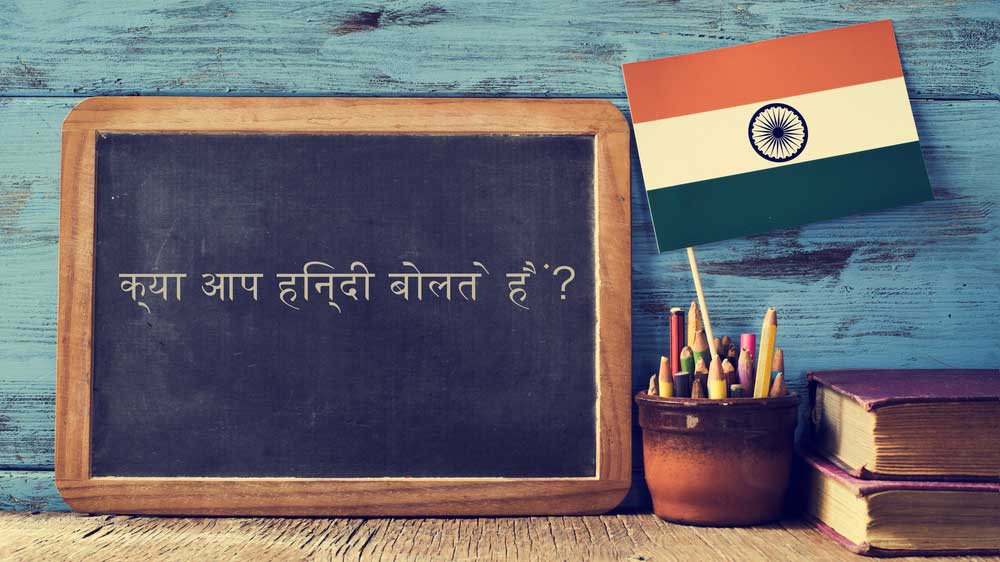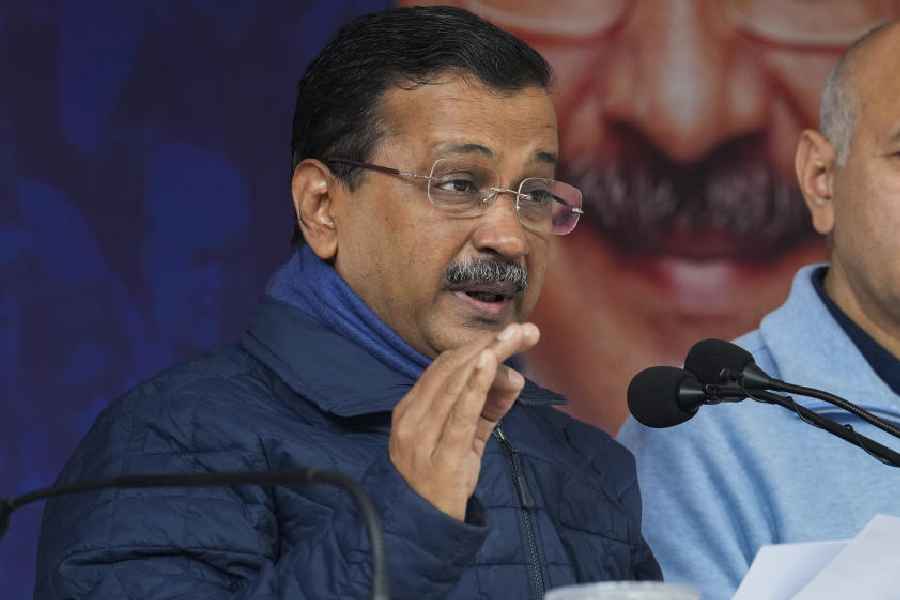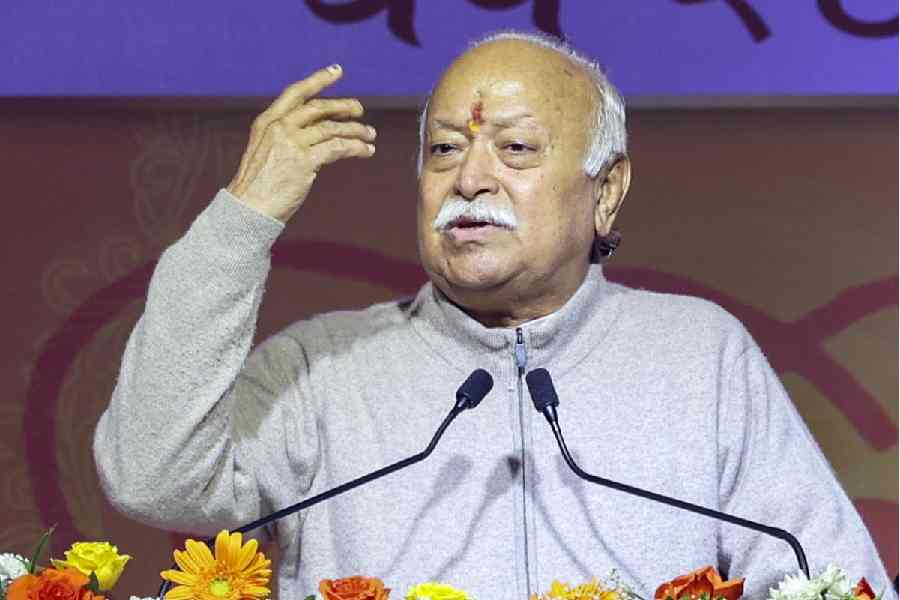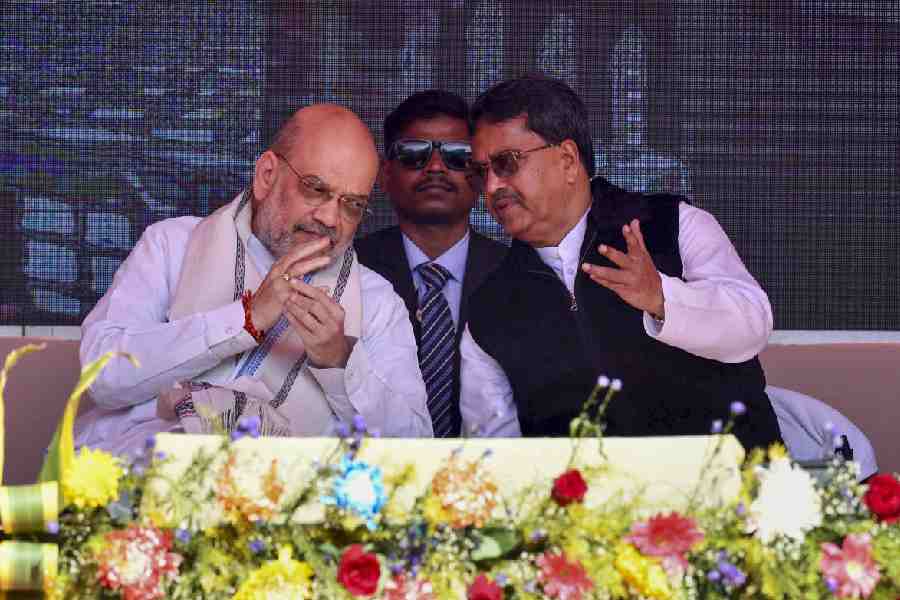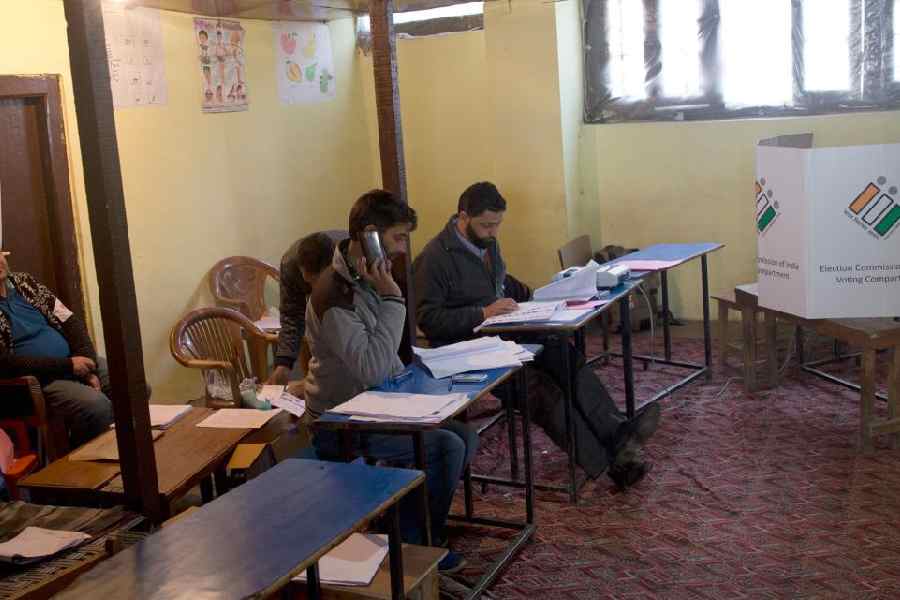Differences in language in a multilingual country like India can lead to occasions for wry humour. The recent uproar in Karnataka over the Centre’s christening of some welfare schemes in Hindi — the Bharatiya Janata Party’s preferred lingua franca — is a case in point. The ‘Tika Utsav’ — the Centre’s push for inoculation against Covid-19 — set tongues wagging in the southern state since ‘tika’ in Kannada means, quite literally, the rear side. The BJP has now been forced to step in; Tika Utsav has, mercifully, been renamed ‘Lasika Utsava’. ‘Lasika’, in Kannada, means immunization. Similar heartburn has also been reported regarding the name, ‘Tithi Bhojan’, part of the mid-day meal scheme, since the term is associated with a sombre occasion. It would not be an exaggeration to speculate that the disproportionate use of Hindi in welfare schemes is likely to evoke both dark humour as well as outrage in parts of the country that prefer other languages as means of communication.
What appears to be comical can, however, be an occasion for reflection on the challenge posed by ‘language imperialism’. Language has shaped India’s political history in significant ways, both as an agent of unity and division. The nation’s unity came about as a result of the pluralistic spirit that informed the creation of states on the basis of representation of language and, in turn, unique identities. At the same time, anxieties concerning the unilateral imposition of a particular language — ‘Hindi, Hindu, Hindustan’ is a problematic ideological goal of India’s current regime — have led to strife. Conditions that created the anti-Hindi campaign witnessed in parts of India should not be replicated. The greater thrust should be on consolidating India’s multi-linguistic heritage. This should go beyond the homilies pledged in policy. For instance, the National Education Policy prioritized the adoption of a four-language policy, including the mother tongue. Yet, a significant number of Indian languages, especially those that are used by people on the margins, are faced with extinction. This contradiction cannot be addressed without support and sensitivity from the political dispensation. Unfortunately, there has been a marked paucity in this respect with persistent concerns about the BJP-led national government’s precise motives. What must be noted is that linguistic aggression transcends instrumental imperatives: there is also an ethical underpinning. The survival of multiple languages is critical to maintaining the diversity and richness of the essence of Indian democracy.

